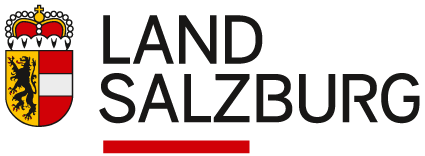 Salzburg
Salzburg
About the region
With an area of 7,155 square kilometers, Salzburg is Austria’s sixth largest federal state and a key transport hub in Central Europe. As of early 2021, it had 560,710 residents, with 19.2% aged 65 or older and 19.6% under 20. Women make up 51.1% of the population, and 18.2% are foreign-born. Over half of the foreign residents come from EU countries, with significant numbers from Germany, while other nationalities are Bosnia and Herzegovina, Serbia, Turkey, Syria, and Afghanistan. About 30% of foreigners live in the city of Salzburg.
Our intercultural integration approach
During the course of the project, Salzburg established a “Community of Intercultural Practice”, that serves as a platform for knowledge exchange and cooperation among stakeholders. In particular, representatives from federal agencies, educational services and academia, associations and NGOs working in migration, labour market actors and private businesses, youth networks and the Austrian Integration Fund are engaged to exchange views on current intercultural issues, challenges, best practices and strategies.
Beginning with a comprehensive analysis of existing integration strategies and structures, the working paper outlines the following specific objectives: Language and recognition; School, education and science; Work and economy.
More information about the working paper can be found in the document “Building Inclusive Societies: Regional Strategies for Intercultural Integration”, while the original version in the local language is accessible at “Get the Tool” page of the EU-Belong website.
Looking ahead
Salzburg decided to continue the implementation of the established working paper with the pilot project “Success stories – What recognition can do! TikTok video campaign #BelongTalent”. A detailed evaluation will be performed before the end of the project.
Contact